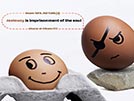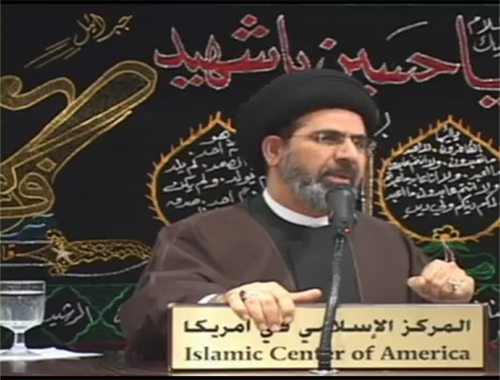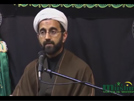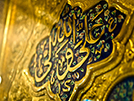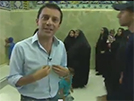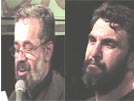Zakat
- Details
- Hits: 2382
Zakat
Zakat in its present sense is a stage of public spending in accordance with the special rules mentioned in the Islamic law. This sector of spending in fact ensures continuous flow of the resources from the rich to the poor and the very poor. It also meets the social needs.
The minimum limits on which zakat is due in various cases indicate who is considered to be rich under the economic system of Islam.
In the days when paper currency had not yet been introduced, precious metals like gold and silver were used for coins of higher value and cheaper metals like copper for small currency.
Those whose income did not exceed small currency had to pay, nothing on account of zakat. But those whose income was so much that they kept with them 20 gold coins each weighing about 4.61 grams or 200 silver coins each weighing about 2.42 grams for more than 11 months without using them, were required to give 1/40 of their hoard for being consumed for the cause of Allah and for the welfare of the people.
A farmer who gathered in from his field or garden at least 864 kilograms of wheat, barley, dates or raisins, had to give 1/10 of the produce if his field or garden was watered by rain, flood or overflow of a river, and 1/20 if he irrigated it himself.
A cattle‑breeder who fed his animals on pasture, had to give one sheep out of forty provided he possessed them for more than 11 months.
If he had thirty cows (includes bulls) for more than 11 months and did not use them as beasts of burden or draught he had to give one yearling calf which had entered the second year of its life. If he had twentysix camels for more than 11 months he was to give one yearling camel. If he had five camels not used as beasts of burden or draught for the same period, he was to give one sheep.
In certain traditions it has been expressly pointed out that zakat is paid to the poor to make the distribution of wealth more equitable.

